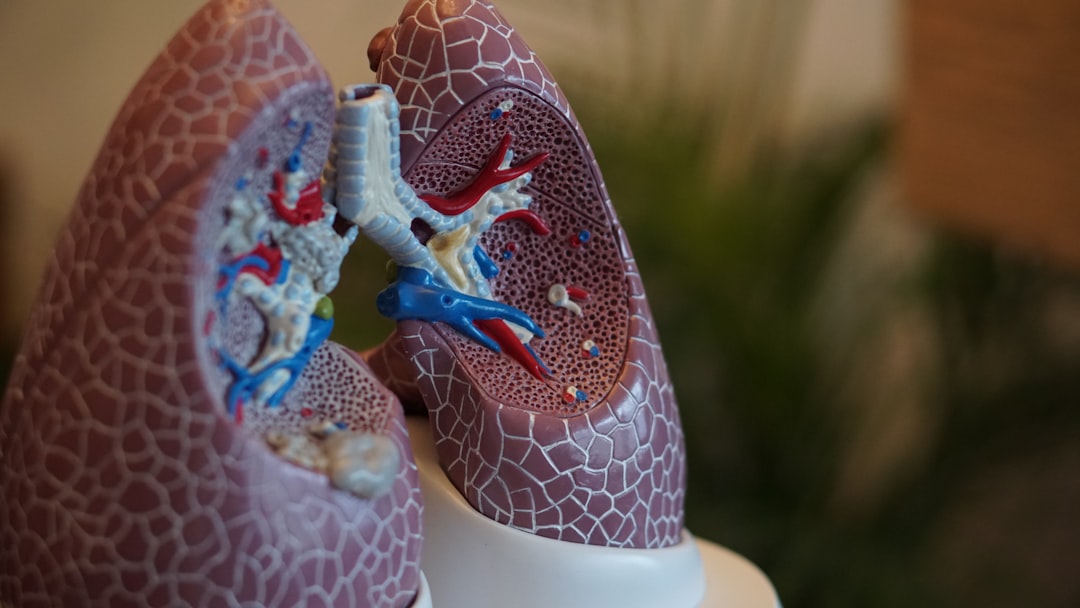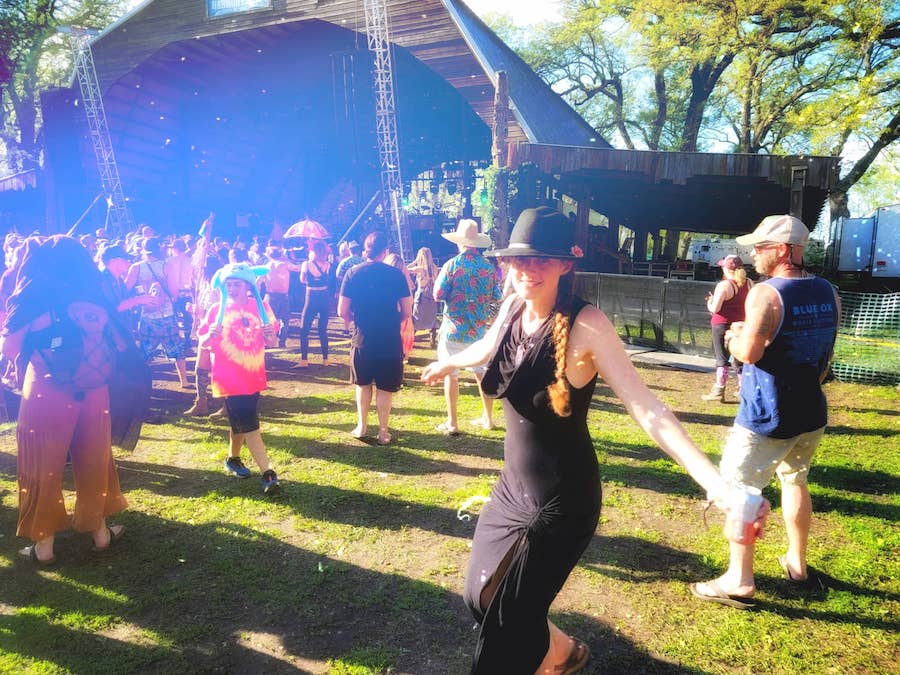The Healing Power of Music

Photo by Krists Luhaers on Unsplash
Shakespeare proclaimed, "If music be the food of love, play on”
Music has some seriously profound healing powers. People who spend their time and energy journeying to concerts or festivals throughout the summer, searching for their Meccas among modern-day life, know exactly what I’m talking about.
There is a space that is created within music, and not just for the musician, but for those that gather, listen, and dance to it as well. It lifts up something inside of us that lies just beyond the reach of words, a deep connection that is fostered by the beautiful energy that is created within this space, that connects us more deeply to ourselves, to art, to beauty, to the world, and all the people around us.
Humans who came long before we did knew it, too. The Greeks put the god, Apollo, in charge of both music and healing. The Chinese symbol for medicine also includes the character for music. Native American and African traditions include singing and chanting as an integral part of their healing rituals.
It’s no secret that music taps something inside of us that can provoke healing experiences, and you can even be as untalented at music creation as I am to access it. (I am, however, a professional music appreciator).
Science has even gotten back on board with this idea, too.
Music therapy is an evidence-based system of using music interventions to help clients achieve certain therapeutic goals while working with a credentialed professional. The goals can be physical, emotional, cognitive, or social, and the therapy can consist of creating, singing, moving to, and/or listening to music, all depending upon the needs of the client.
Western researchers have focused on music’s effect on the cardiovascular (heart) system since about the 1980s. It’s no surprise since, on the spiritual side, music seems to metaphorically fill our hearts with a sense of love and joy.
In several hospitals throughout the country and world, patients recovering from things like heart attacks, stroke, or cardiac surgery have music played for them and researchers have found that it lowers things like blood pressure, heart rate, and distress.
This study looked at the effects of playing music during and after cardiovascular surgery in adults over 65 years old. Of the two groups, one group had music played during and after surgery, while the other group received standard postoperative care.
The group that listened to the music had lower scores on the anxiety tests (using the Spielberger State Trait Anxiety Inventory as means of measurement) and also had a significantly lower intubation time (the amount of time they need to keep a tube down their throats post-op...ouch).
The effects of music really don’t take that long to kick in, either. In another study done in Wisconsin, post-heart attack patients that were in the ICU but clinically stable were observed while listening to only 20-minutes of music. As soon as the music began, the patients had an immediate drop in heart rates, breathing rates, and the heart’s oxygen demands that even endured for at least an hour after the music was stopped.
At the Mayo Clinic in Minnesota, the Healing Enhancement Program encourages patients undergoing heart surgery to listen to music before, during, and after the procedures; they say it helps ease the pain and anxiety around the surgery, as well as blocking out the often disturbing or unsettling background noise of a hospital.
Researchers have noted, however, that studies can have a tendency to be inconsistent, mostly based on the fact that experiencing music is subjective. Playing the theme song from Jaws (Shark Theme by John Williams, 1975) for somebody about to undergo open-heart surgery might end up having an adverse effect. The effects of music could also boil down to the patient’s individual tastes and preferences, as well as the overall mood of the music playing. I know some people who can find a sense of calm with heavy metal music playing in the background, but for me, that kind of music makes me anxious for the next song to come on (just ask my husband).
"Music is a moral law. It gives soul to the universe, wings to the imagination, and charm and gaiety to life and to everything else." Plato
Live Music and Life Span.
There’s nothing quite like seeing your favorite band play your favorite song directly to you. I joke that I would have been rich through my twenties if it hadn’t been for live music, but every penny spent was worth it for that profound healing effect that the sanctuary created by live music has had on me.
In Sweden, scientists set out to find out if this hobby had any sort of effect on wellbeing and mortality. They evaluated 12,982 people overall, noting their previous health, social networks, attendance at concerts and plays, education, income, and exercise and smoking habits. In general, things like exercise, higher education, and financial security are indicators of a longer life, while smoking and previous illness predict early death.
Among the nearly 13k people observed, these scientists found that those who attended concerts or cultural events regularly had a higher life expectancy, while those that never attended such cultural events were 1.57 times more likely to pass during the study period. Occasional concert-goers fell somewhere in the middle. These patterns also did not fit in with the previous restrictions of income, social networks, or education.
"If you get confused, just listen to the music play." The Grateful Dead
Music Therapy.
Most people who enjoy music can tell you how listening to their favorite band can uplift their spirits. It’s a common anecdote.
Music therapy, when done with a trained professional, has been used for conditions such as Autism, depression, Alzheimer's, PTSD, children with behavioral disorders, and so on. Music therapy aims to work with clients with specific psychiatric, mental health, or developmental needs, as well as those with conditions like substance abuse problems, physical disabilities, brain injuries, and acute or chronic pain.
Many studies have emerged in the last couple of decades that show favorable outcomes of music therapy for those with conditions such as depression.
Studies have shown that music therapy, added to standard care, can give those seeking treatment for depressive disorders a more favorable outcome than those just seeking standard care alone.
Talk therapy is seen as the go-to treatment for such mental health disorders, and it is a very effective, as well as necessary, part of any depression treatment plan, even for those that also seek other complementary treatments for their condition. But for some people, verbal processing might be very difficult, which could potentially inhibit the talk therapy process. Music allows for non-verbal processing, and when paired with the right treatments, can help a patient work through the symptoms of their condition to achieve healing with an effective, multi-faceted approach.
Music Healing is for Everyone.
You don’t have to be suffering from a heart condition or major psychiatric condition to enjoy the healing benefits of music.
Everybody faces stress at some point in time, whether it be from work, family, relationships, or just life in general. I don’t need to reiterate what a crazy couple of years society has been through lately (thanks, COVID).
Putting on your favorite band’s latest album or jamming out to a Spotify playlist you curated of music that makes your heart happy can give you the therapeutic benefits that those in postoperative care get, or those that are trying to non-verbally process the trauma that brought on their clinical depression.
For all of us, whether you are struggling mentally or not, music heals, music makes us happy, music lifts our hearts and our spirits, and has profound effects on our whole selves, body, mind, and spirit.












If you enjoyed this article or recipe, please consider giving it a comment! It helps others discover my blog and recipes, and your comments always make my day :) Thank you for your support!
Your email address will not be published. Required fields are marked *